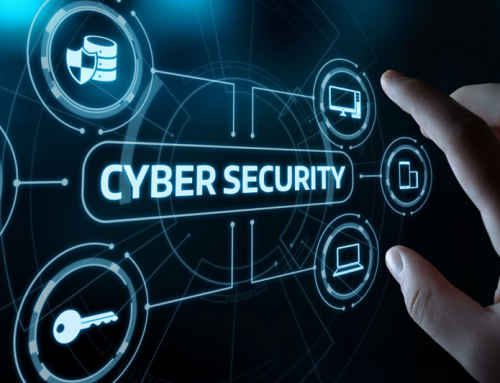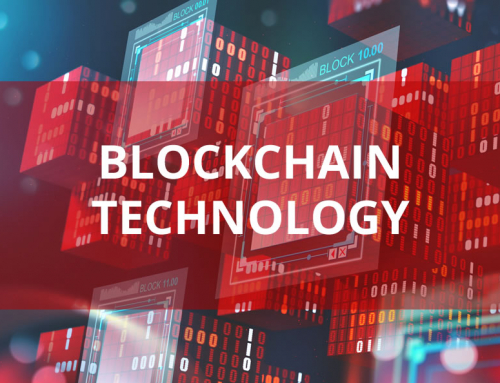I work as both a technology developer as well as a cyber security expert and educator. In order for AI to work, it needs to be fed as much precise and relevant data as possible. The better the data, the better the results. 5G is meant to create an explosion of network access availability. With this localized connectivity will also come a significant increase in the variety of devices that will become network enabled. There currently is a power requirement to access these networks that precludes smaller devices from directly connecting. This is why you see most network enabled devices needing to connect to a main device such as a phone to broadcast when a wifi connection is not enabled. With more devices and more connectivity, you will certainly see more data being consumed by companies which will of course flow to AI enabled platforms. I want to address the cyber security portion of this. These new devices are often labeled as Internet Of Things or IoT devices. Security standardization is not yet matured for most common devices such as desktop computers and mobile devices. This is true both for large scale enterprise and personal use platforms. The standards for IoT devices are even more immature (dangerously). I encourage you to watch the following interview with former General Robert Spalding : https://youtu.be/h8IEtlOVzq4?t=1245 who provides a great summary of the dangers we are facing as we roll out this new paradigm of connectivity. I started the video (from the link) at the point where 5G is discussed but the entire conversation is one I wish more people were familiar with, especially technology developers. This new wave of 5G enabled devices is going to bring with it an unprecedented level of autonomous interactions with information consumers, some portion of which will be malicious.
Cyber security, AI and 5G
By Randolph Morris|2020-10-05T23:10:43+00:00April 21st, 2020|Cyber Security|Comments Off on Cyber security, AI and 5G




